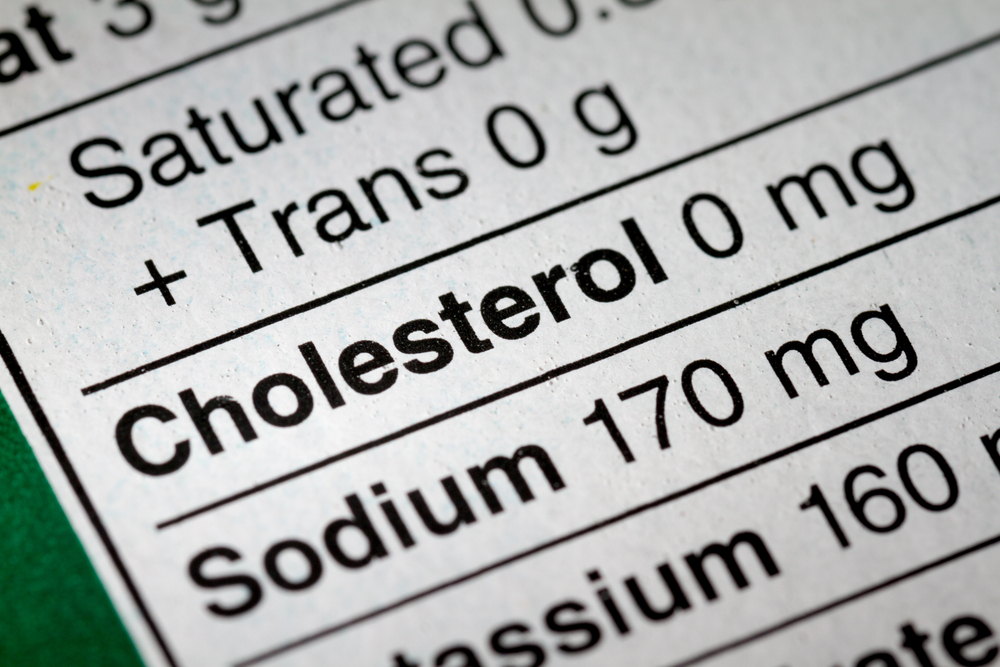Often we intentionally contribute to the prescribing cascade. Potassium supplements with a diuretic is one of those scenarios, but I want to teach you about what to think about when you see potassium supplements without a diuretic.
- What’s the potassium level? If you find a patient with a potassium level in the mid 4 range or higher with no significant medical issues that might contribute to hypokalemia, I would be looking to reduce the potassium supplement dose or potentially discontinue it altogether if they are on a relatively low dose – say 10-20 meq per day.
- Have they been on diuretics recently? This is one of the most common scenarios that I have come across. The diuretic is no longer necessary, gets discontinued, but the provider forgot about the potassium supplement because the potassium is within the normal range.
- Do they have a history of dehydration that caused the hypokalemia requiring supplementation? If the dehydration was a fluke event and all is well now, the patient may be able to come off that supplement.
- Does the patient have any insight on why they are on it? This can help you identify what the initial problem was even if you don’t have access to or can’t tell from the medical records.
- Is there another condition that might contribute to hypokalemia? Diarrhea/vomiting, diabetic ketoacidosis, and history of alcoholism are a few examples of potential medical problems that can contribute to hypokalemia. If a patient has chronic problems, it may be harder to discontinue the potassium supplement even they aren’t on a diuretic.
Love the blog? Get a free gift simply for following! Over 4,000 medication loving healthcare professional have taken advantage of this!



10-20 mEq of KCl is really zero. I agree that many (most) patients getting low doses of diuretics do not need KCl. SADLY, since lots get 10-20 mEq and the K remains normal, the thought is that works. From MANY articles, the mean decrease in K when taking usual antihypertensive doses of diuretics, the serum K falls about 0.4 mEq/L. Going from 4.4 to 4.0 is going from normal to normal. I would recheck electrolytes, but not URGENTLY.
Thanks for the comment Bill!
I’ve never seen KCl prescribed for HCTZ… unless the patient has some underlying potassium wasting caused, It’s usually the HF patients on furosemide or other loops that need the supplementation. And I have seen 10-20 mEqs/day work great in geriatric patients on a moderate dose of furosemide.
I agree that potassium supplementation may not be necessary with HCTZ, especially if given in combination with an ACE or ARB. It is a different story with chlorthalidone. I have seen a patient whose potassium dropped from well within range to 3.0 not long after initiating this thiazide. I attribute this to chlorthalidone being more efficacious than HCTZ for diuresis, possibly due to the longer half-life of chlorthalidone.
Add to your list fludrocortisone. Typically, started for OH this can cause hypokalemia in a dose dependent manner often requiring supplementation.
Thanks for the comment Grant!